PHYSOR 2022 and the Joint IAEA-ICTP School Advanced School/Workshop on Computational Nuclear Science and Engineering
Despite the last-dash, cross-Atlantic flight to catch the flight to Trieste from Pittsburgh, the 35+ hours awake was a small price to pay to attend finally the first in-person conferences since lockdown.
Starting first in Pittsburgh, USA, PHYSOR 2022 proved to be a watershed moment for the world of reactor physicists to come together and share what they had been working on in isolation the previous two years. With much overdue aplomb, speakers presented to a well-populated and engaged audience, though, like all conferences, the series of dinners and subsequent ‘networking’ somewhat whittled this energy. Notably, the machine learning tracks were found to be a fan-favourite, with attendees crowding the doors.
The University of Cambridge was active at the conference, presenting seven papers across a range of disciplines, from nuclear data to Monte Carlo methods to nuclear space propulsion. Beyond the presentations, the extra-conference activities proved to show off all Pittsburgh has to offer, including a sunset dining cruise along the rivers. After five days of talks, lectures, networking, and, most crucially, overdue chatting, we left for Trieste, Italy.
It doesn’t take much to persuade a group of academics to spend a week in a beachside hotel/conference in northern Italy, and so, we went. Lecturers from across the world spoke on the myriad topics at the IAEA-ICTP Advanced School/Workshop on Computational Nuclear Science and Engineering, the spread of topics granting a refreshing novelty. The late afternoons/evenings provided the chance to venture into Trieste to try the local cuisine - cuisine that we later learned retained its Austro-Hungarian roots of meats and sauerkraut: a strange pairing for Aperol Spritz.
The workshop certainly proved that a day of physics followed by a late afternoon swim in the Adriatic before dining overlooking the sea is, not so surprisingly, the best way to work in physics and engineering.
Dominic Brennan
NEF CDT PhD Student



